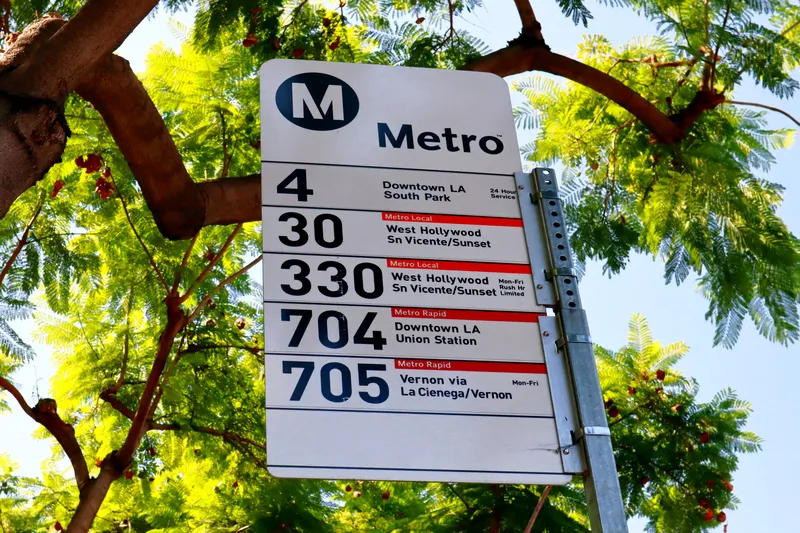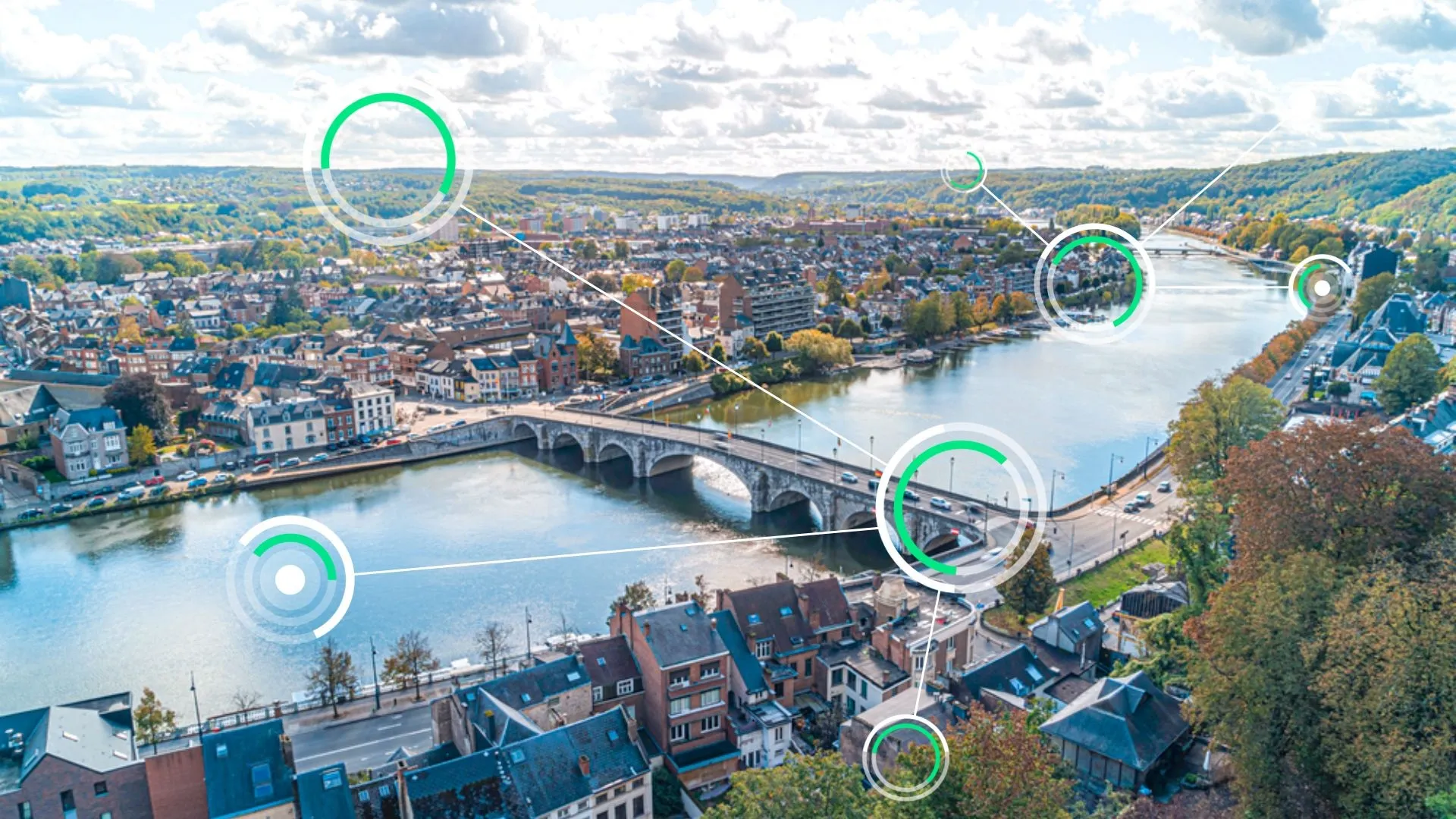
Iteris has picked up two smart mobility deals in California: in Orange County and for LA Metro.
Its $1.5 million subcontract from HNTB Corporation will see Iteris providing operations, maintenance and management services for the Los Angeles County Metropolitan Transportation Authority (LA Metro) NextGen Countywide signal priority (CSP) system.
The Vehicle to Infrastructure (V2I)-enabled system was designed and implemented by Iteris under previous contracts with LA Metro since 2008, and will use existing on-bus priority request systems that incorporate GPS-based automatic vehicle location equipment, wireless communications and advanced intersection traffic controller technologies.
Steven Bradley, regional vice president, Mobility Professional Services at Iteris, says: “Improving safety, efficiency and sustainability for all modes of transportation is a priority for Iteris, and our continued involvement in this program is a testament to the efficiency of our V2I approach to mitigate traffic congestion and improve the environment."
Meanwhile, the Orange County Transportation Authority (Octa) has awarded Iteris a $3.7m regional traffic signal timing control contract which is designed to reduce congestion as Orange County's population is set to grow 13% by 2035.
“To ease growing traffic demands, Octa, the California Department of Transportation, the County of Orange and all 34 cities are working together to coordinate traffic lights across the county," Octa says in a statement.
Iteris will provide operations and infrastructure improvements at key intersections along a 13-mile segment of First Street/Bolsa Avenue across the four cities - Santa Ana, Huntington Beach, Tustin and Westminster - and Orange County itself.
The firm's remit includes identifying upgrades for traffic signal equipment, ITS equipment and communication infrastructure, designing and constructing traffic signal system improvements, and developing and implementing optimised traffic signal synchronisation timing plans.
It will use its ClearMobility platform to optimise traffic management and ClearGuide solution to monitor intersection safety and identify congestion hotspots.
Octa says its traffic signal synchronisation programme has already resulted in a 13% reduction in travel time, a 14% improvement in travel speed, a 52 million gallon reduction in fuel consumption and a 885 million pound reduction in greenhouse gas emissions.









